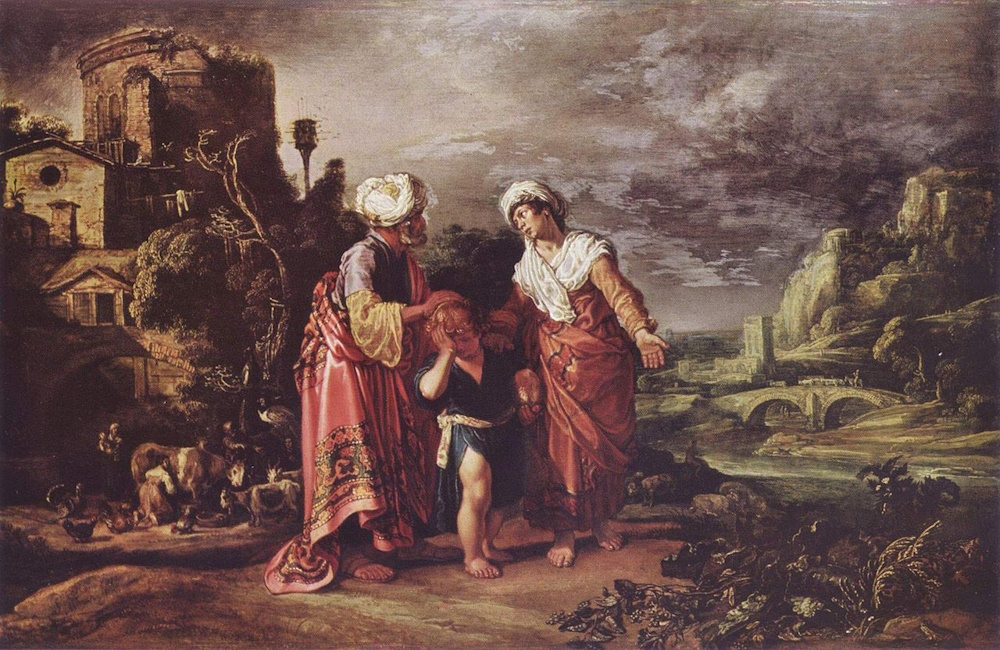Abraham is a pivotal figure in both Christianity and Islam, revered as a foundational patriarch in each tradition. However, the Biblical and Quranic accounts present different perspectives on Abraham’s connection to Mecca. This article explores the Biblical account, which indicates that Abraham never visited Mecca, and compares it with the Quranic narrative, which introduces a link to this significant city in Islamic tradition.
The Biblical Account of Abraham
In the Bible, Abraham, originally named Abram, is primarily described in the Book of Genesis. His journey, as detailed in the Biblical narrative, involves traveling from Ur of the Chaldeans to Canaan, and later sojourning in Egypt. The Bible focuses on Abraham’s life and significant events within these regions but does not mention Mecca or any travels to the Arabian Peninsula.
According to Genesis 12:1, God called Abraham to leave his homeland and travel to a land that He would show him. Abraham’s travels are described within the context of Mesopotamia, Canaan, and Egypt. His significant interactions, such as the covenant with God and the binding of Isaac, occur in these locations. Mecca is not mentioned in the Biblical text, and there is no reference to Abraham establishing any sacred sites in the Arabian Peninsula.
The Quranic Account of Abraham
In contrast, the Quran presents a different narrative regarding Abraham and Mecca. Several Surahs (chapters) in the Quran refer to Abraham, or Ibrahim, and attribute significant events in his life to the Arabian Peninsula. For instance, Surah Al-Baqarah 2:125 states: “And [mention] when Abraham was raising the foundations of the House and [Ishmael] with him, [saying], ‘Our Lord, accept [this] from us. Indeed, You are the Hearing, the Knowing.’”
This verse refers to the construction of the Kaaba, the sacred structure in Mecca, which Islamic tradition holds was built by Abraham and his son Ishmael. The Quran depicts Abraham as playing a crucial role in establishing the Kaaba and the associated pilgrimage practices. This linkage establishes Mecca as a central and holy city in Islamic tradition, deeply connected to the legacy of Abraham.
The Quranic account portrays Mecca as a place of great religious significance, with the Kaaba serving as a focal point for worship and pilgrimage. The annual Hajj pilgrimage, which traces its origins back to the traditions established by Abraham and Ishmael, underscores Mecca’s sacred status in Islam.
Comparing the Accounts and Conclusion
A significant discrepancy exists between the Biblical and Quranic narratives regarding Abraham’s connection to Mecca. The Bible makes no mention of Mecca or any journey Abraham may have taken to the Arabian Peninsula. Instead, it clearly situates Abraham’s travels within Mesopotamia, Canaan, and Egypt, focusing on specific events and locations tied to his life. There is no biblical evidence that Abraham established any sacred sites in Arabia. In contrast, the Quran attributes a foundational role to Abraham in the history of Mecca. Islamic tradition holds that Abraham, along with his son Ishmael, built the Kaaba and established pilgrimage rituals, making Mecca a central and holy city in Islam. This portrayal contrasts sharply with the Christian perspective, where Mecca is not considered a holy site connected to Abraham.
From a historical standpoint grounded in the Bible, there is no indication that Abraham traveled to or had any involvement with Mecca. The Quranic account, while emphasizing Abraham’s connection to Mecca and the Kaaba, lacks the detailed historical context and geographical specificity found in the Biblical narrative. It does not align clearly with the Biblical timeline or events. Therefore, the Biblical account offers a more detailed and contextually specific history of Abraham’s life and journeys, whereas the Quranic narrative introduces Mecca without corroborating historical evidence. This distinction highlights the importance of historical context when evaluating religious texts and their respective claims.
